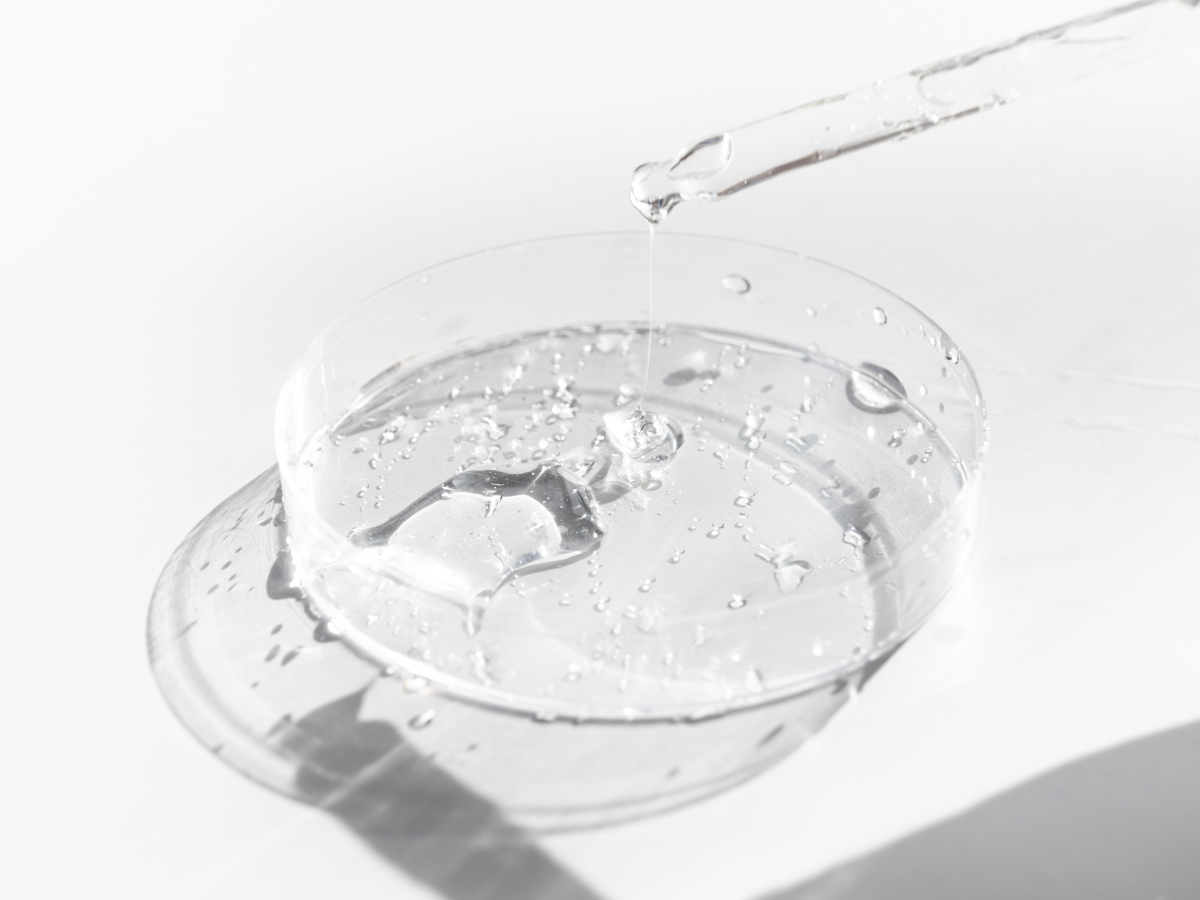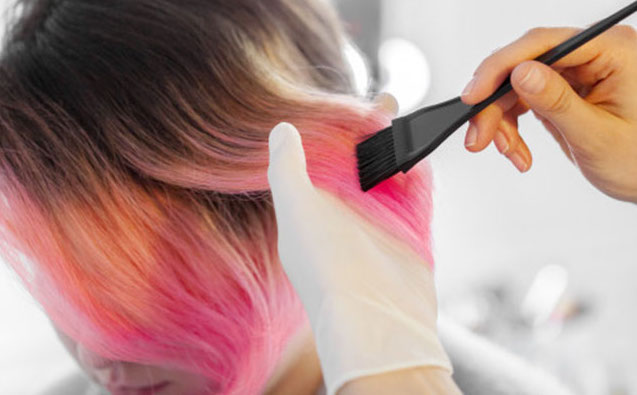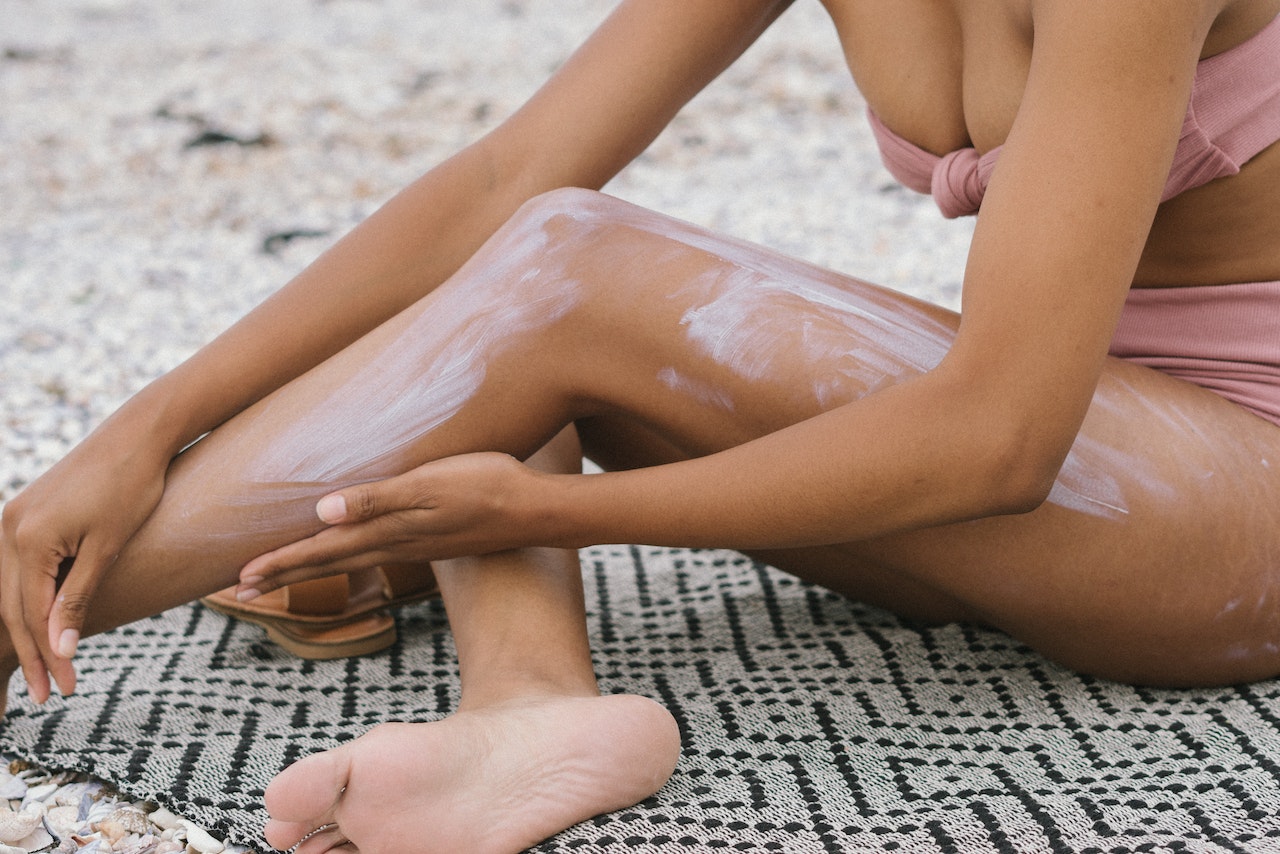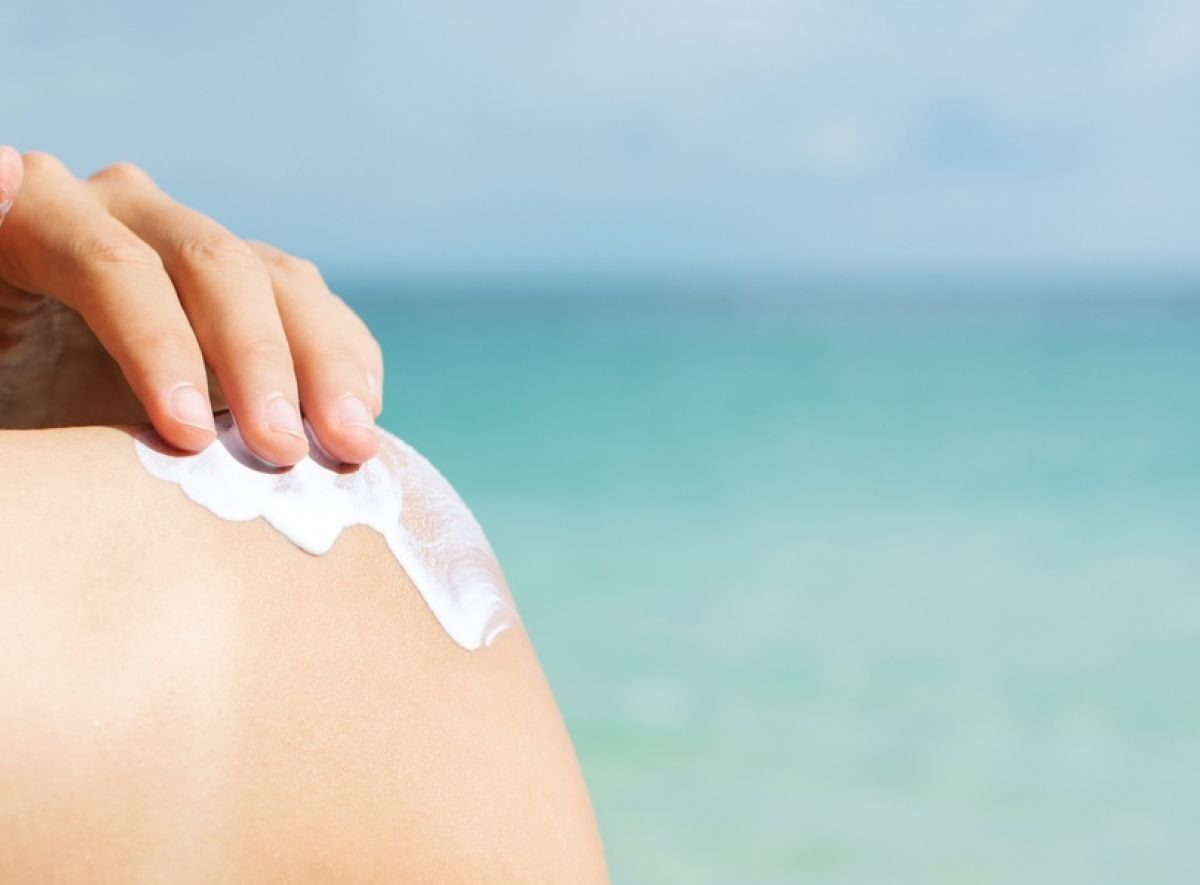Wet wipes, single-use non-woven fabric pieces saturated in a liquid solution, include a variety of products such as baby wipes, cosmetic wipes, moist toilet tissues, personal hygiene wipes, and cleaning-based wipes. These plastic-containing wipes degrade into microplastics over time, which can negatively affect human health and ecosystems. An average of 20 wet wipes per 100 meters of beach were found in a UK survey.
Wet wipes pose a risk to both humans and animals as they can accumulate biological and chemical pollutants when they enter the water environment. The proposed ban aims to curb plastic and microplastic pollution and reduce the amount of microplastics entering wastewater treatment facilities due to improper flushing.
The public consultation indicated a strong consensus for the ban, with 95% of respondents in agreement. The ban will be enacted through secondary legislation under the Environmental Protection Act 1990.
The proposed ban includes:
Coverage: Supply and sale of wet wipes containing plastic in the UK. Manufacture for other global markets will still be allowed.
Exemptions: Industrial and medical uses are exempt. Hospitals, food production sites, and community pharmacies can still purchase these wipes, but not for consumer sale.
Legislative Timeline: Introduction of regulations to ban single-use plastic (SUP) wet wipes before the summer recess, with legislation in place by the end of 2024, subject to adjustments due to the General Elections.
Transition Period: An 18-month transition period for manufacturers to switch to plastic-free wet wipes following legislation enactment.
Enforcement:
- In England, enforcement will primarily involve civil sanctions.
- In Wales, enforcement may include criminal or civil sanctions.
- In Scotland, enforcement will involve secondary legislation under section 140 of the Environmental Protection Act 1990.
- In Northern Ireland, enforcement plans are under development.
Trading Standards and Local Authorities are expected to undertake enforcement, with detailed guidance forthcoming.
Review: Regular evaluations will be undertaken to determine the extent of the prohibition, its exceptions, and the materials it covers.
Need help with regulatory affairs?
Within the shortest time, we can make your products go through the whole registration process and allow them to be sold in the 31 countries of the European Economic Area (EU + EFTA).















